CARING WITH FAMILY
|
| The level of warmth displayed by a specific breed towards their family members and familiar individuals can vary. Certain breeds may appear distant towards everyone except their owner whereas other breeds approach everyone they know as if they were their closest companion. |
LOVE WITH CHILDREN
Unwise
Good With Children
|
| The degree of affection shown by different breeds towards their family members and familiar acquaintances can vary significantly. While some breeds may tend to be more reserved and distant towards individuals other than their owner there are other breeds that treat everyone they know as if they were their closest and dearest friend. |
BEHAVIOR WITH DOGS
Unwise
Good With Other Dogs
|
| The friendliness of a particular breed towards other dogs can vary. While it's important to supervise and manage dog interactions and introductions at all times some breeds are naturally more inclined to get along with other dogs, both within the home and in public settings. |
SHEDDING LEVELS & MANAGEMENT
No Shedding
Hair Everywhere
|
| The amount of fur and hair that a breed tends to shed is an important consideration. Breeds with high shedding tendencies will require more frequent brushing to manage the shedding and they are also more likely to trigger allergies in certain individuals. Additionally, these breeds may necessitate more regular vacuuming and lint-rolling to keep up with the amount of hair they leave behind. |
COAT GROOMING STANDARDS
|
| The grooming needs of a breed can vary in terms of bathing, brushing, trimming and other coat maintenance tasks. It is important to consider the time, patience and budget you have available for such care when evaluating the grooming requirements of a breed. Keep in mind that all breeds require regular nail trimming as part of their grooming routine. |
DROOLING INTENSITY
Less Likely to Drool
Always Have a Towel
|
| The tendency of a breed to drool is an important factor to consider. If you value cleanliness and prefer to avoid dogs that leave strings of slobber on your arm or leave big wet spots on your clothes then breeds prone to excessive drooling may not be the ideal choice for you. |
COAT STYLES GUIDE |
| Smooth |
| COAT SPECTRUM |
| Short |
FRIENDLINESS
Reserved
Everyone Is My Best Friend
|
| The level of friendliness a breed typically displays towards strangers can vary. Certain breeds tend to be reserved or cautious around unfamiliar individuals regardless of the setting. In contrast other breeds are generally more welcoming and happier to meet new people whenever the opportunity arises. |
LIVELINESS
Only When You Want To Play
Non-Stop
|
| The level of enthusiasm for play exhibited by a breed, even beyond puppyhood, varies. Certain breeds will maintain a desire to play tug-of-war or fetch well into their adult years. They will continue to enjoy engaging in active games. On the other hand, some breeds are more content with relaxing on the couch and spending quality time with you as their preferred pastime. |
VIGILANCE INTENSITY
What's Mine Is Yours
Vigilant
|
| The inclination of a breed to alert you about the presence of strangers is an important characteristic to consider. Some breeds are more likely to react to any perceived threat, whether it's the mailman or a squirrel outside the window. These breeds tend to be vigilant and will alert you to potential intrusions. |
ADAPTATION CAPACITY
Lives For Routine
Highly Adaptable
|
| The adaptability of a breed to handle change is an important consideration, as it encompasses various aspects of day-to-day life. This includes adjustments to living conditions, exposure to noise, changes in weather modifications to the daily schedule and other variations. Some breeds are more naturally adaptable and can handle these changes with ease, while others may require more time and support to adjust to new circumstances. |
OBEDIENCE LEVEL
Self-Willed
Eager to Please
|
| The ease of training and the willingness of a dog to learn new things can vary among breeds. Some breeds are generally easier to train as they have a strong desire to please their owners and are quick learners. They tend to be more willing to follow instructions and are motivated by praise and rewards. |
STAMINA LEVEL
|
| The exercise and mental stimulation requirements of a breed are significant factors to consider. High-energy breeds are typically ready and enthusiastic for physical activities and often require ample exercise to meet their needs. They enjoy running, jumping, playing and engaging in various activities throughout the day to stay mentally and physically stimulated. |
VOCALIZATION
|
| Medium |
LEARNING CURIOSITY LEVEL
Happy to Lounge
Needs a Job or Activity
|
| The mental stimulation requirements of a breed are important to consider for their overall well-being. Purpose-bred dogs with jobs that involve decision-making, problem-solving, concentration or other mental qualities often have higher mental stimulation needs. Without adequate mental exercise, they can become bored and may engage in undesirable behaviors or create their own "projects" to keep themselves occupied. Such activities might not align with what you would prefer them to do. |
| COLORS |
|
Description
|
Registration Code
|
|
White
|
199
|
|
| PATTERNS | . |
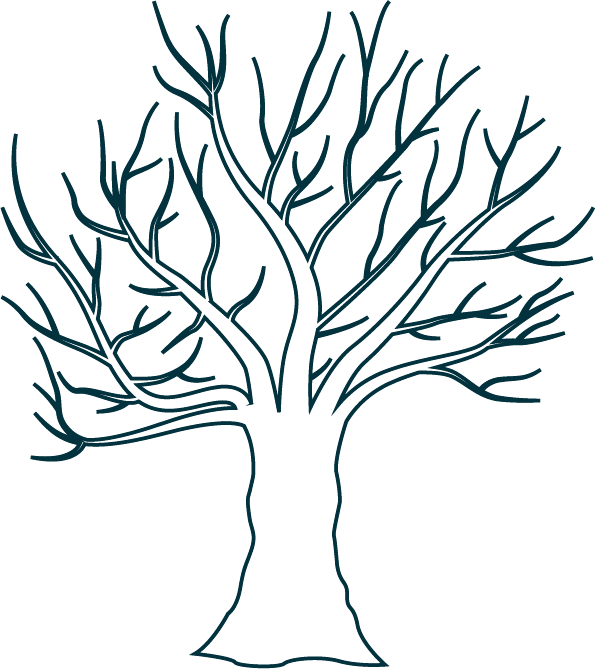


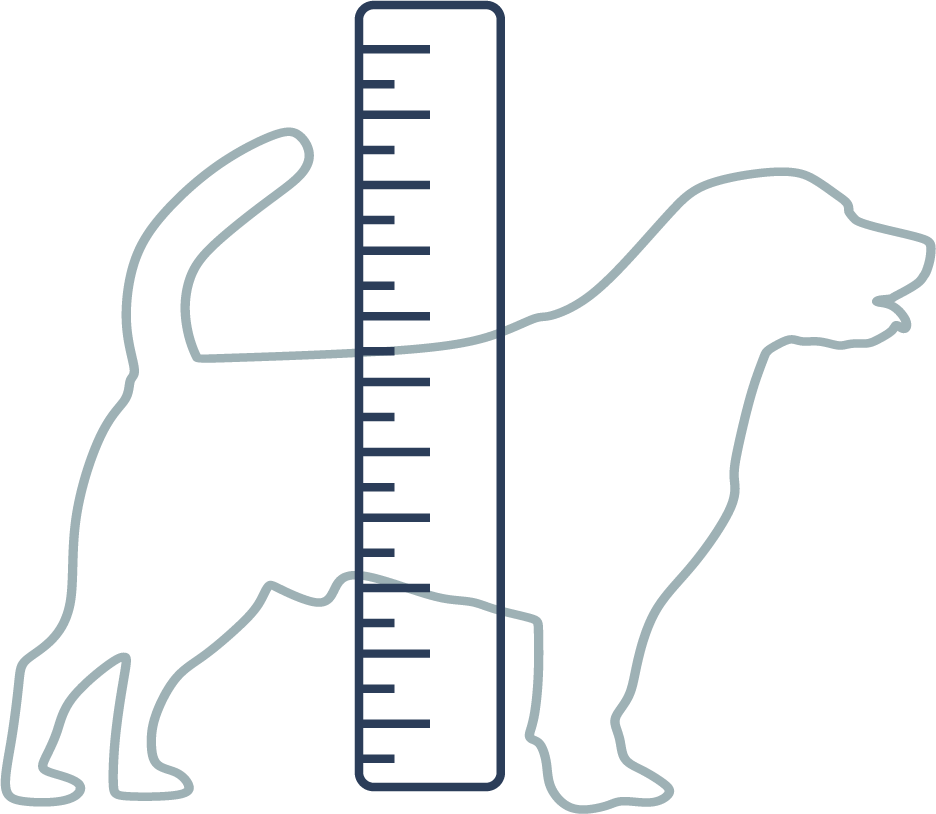


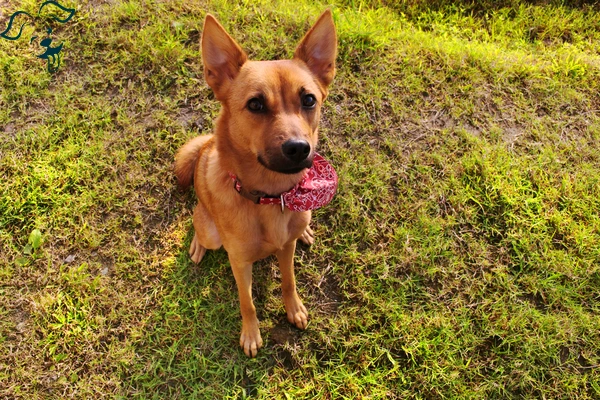
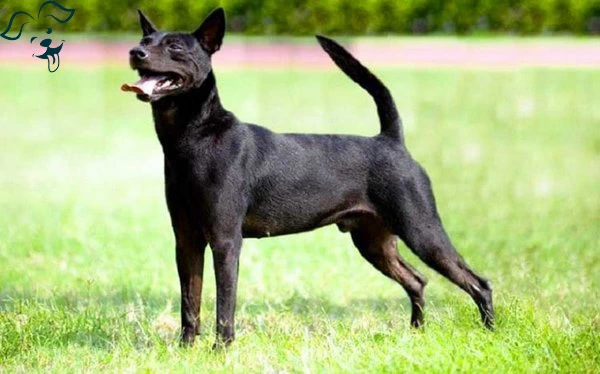
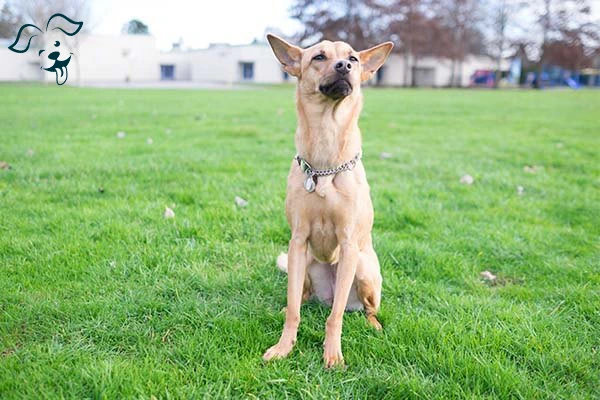
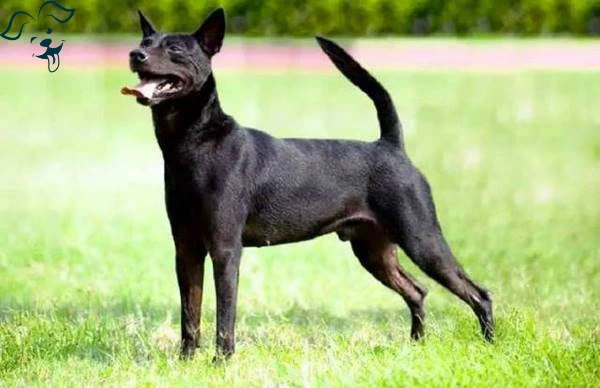

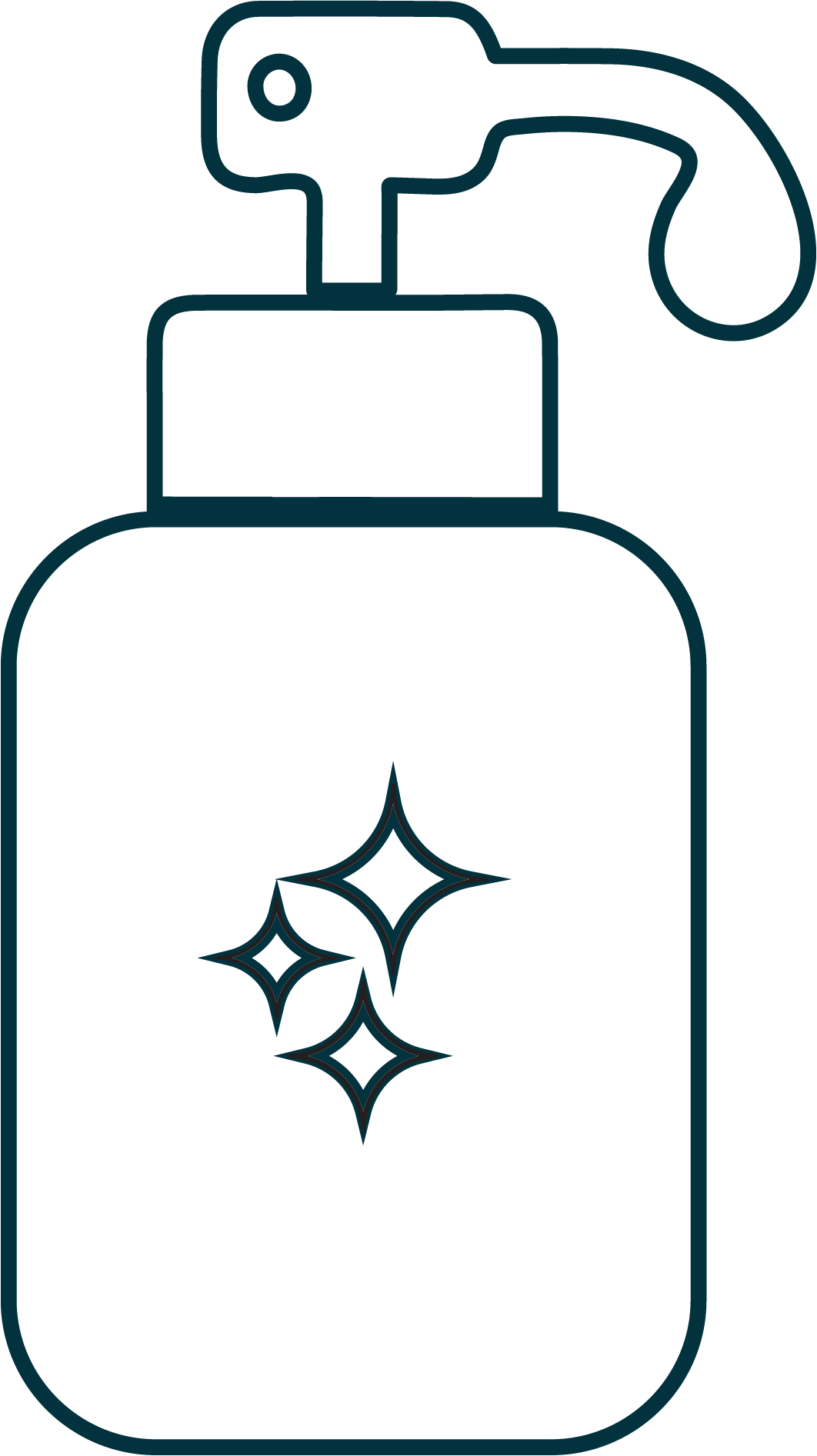




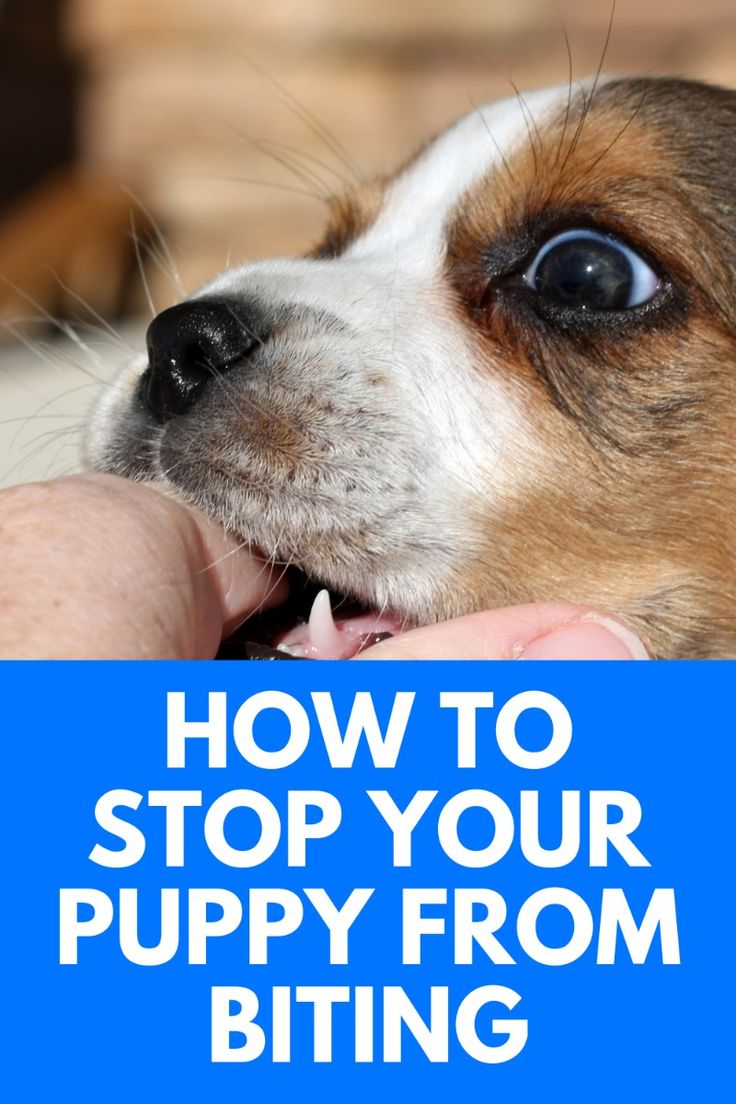
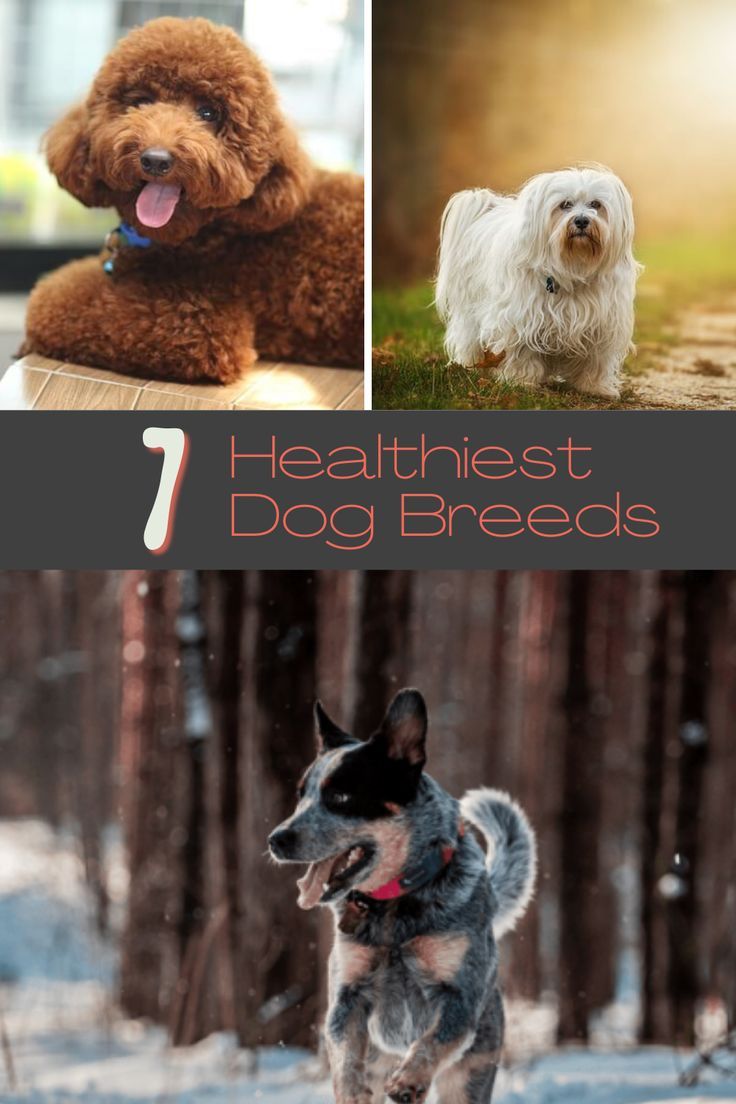

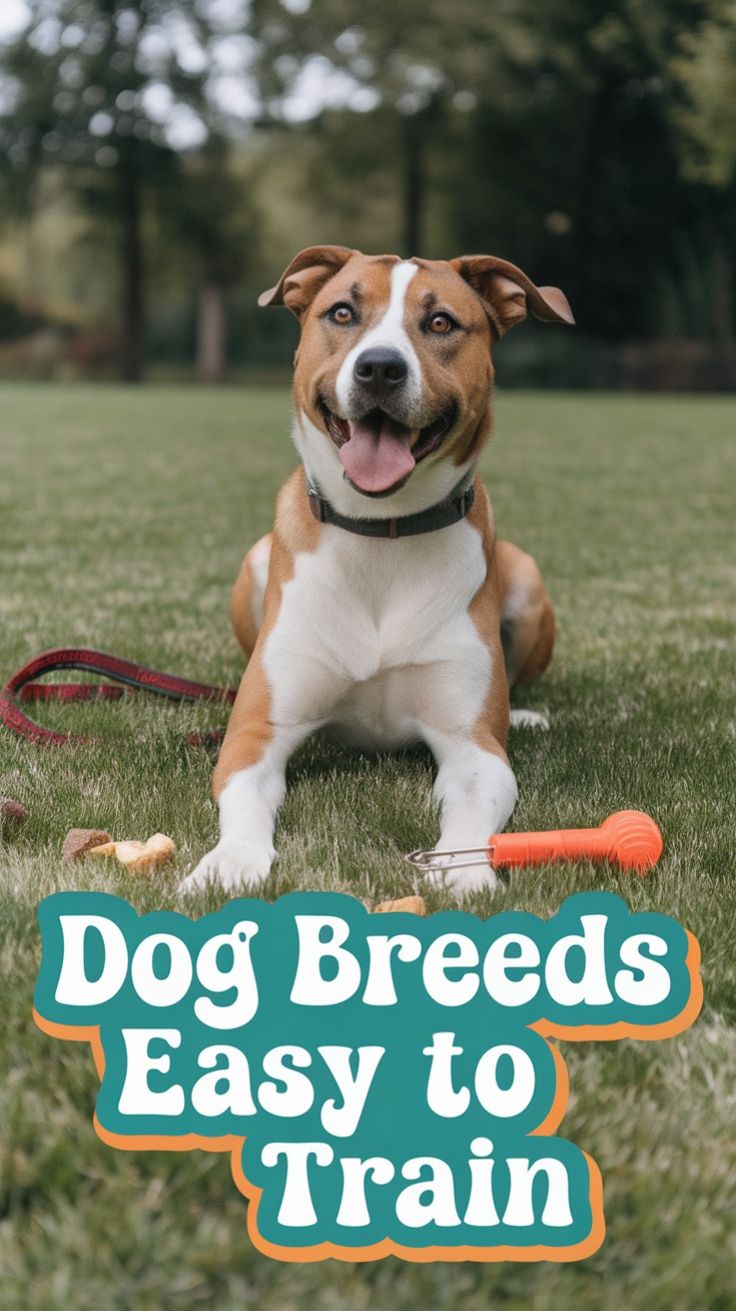
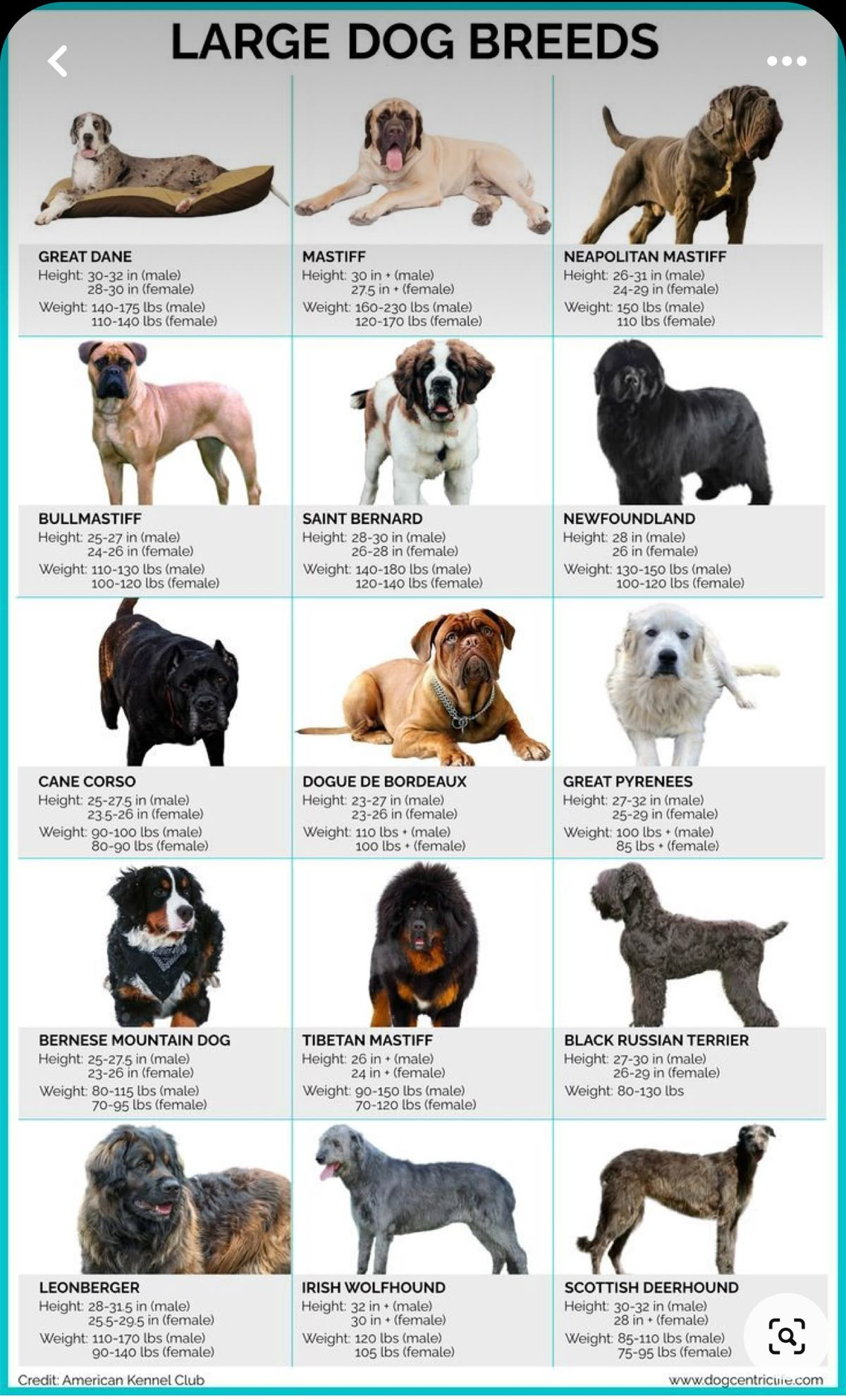

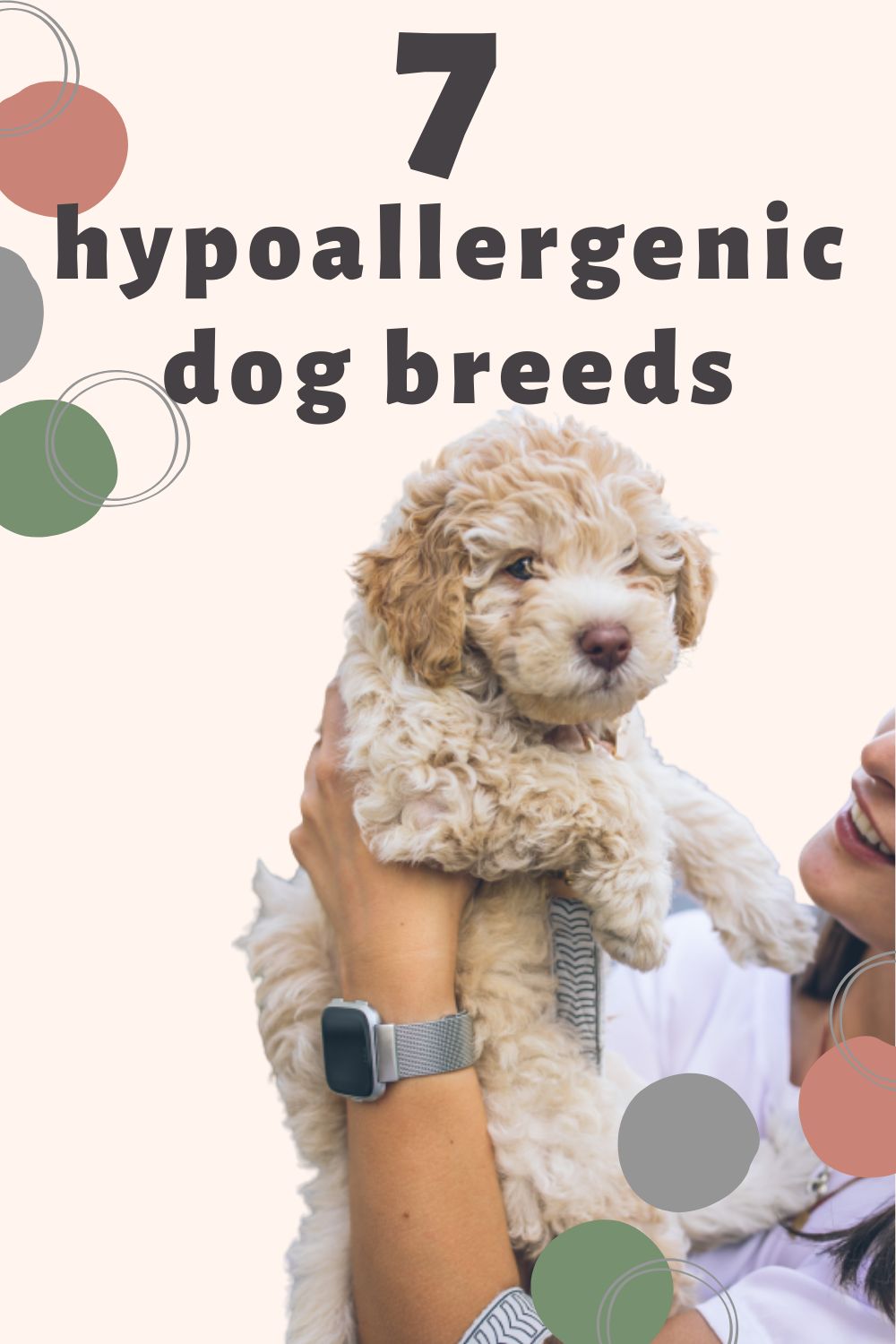
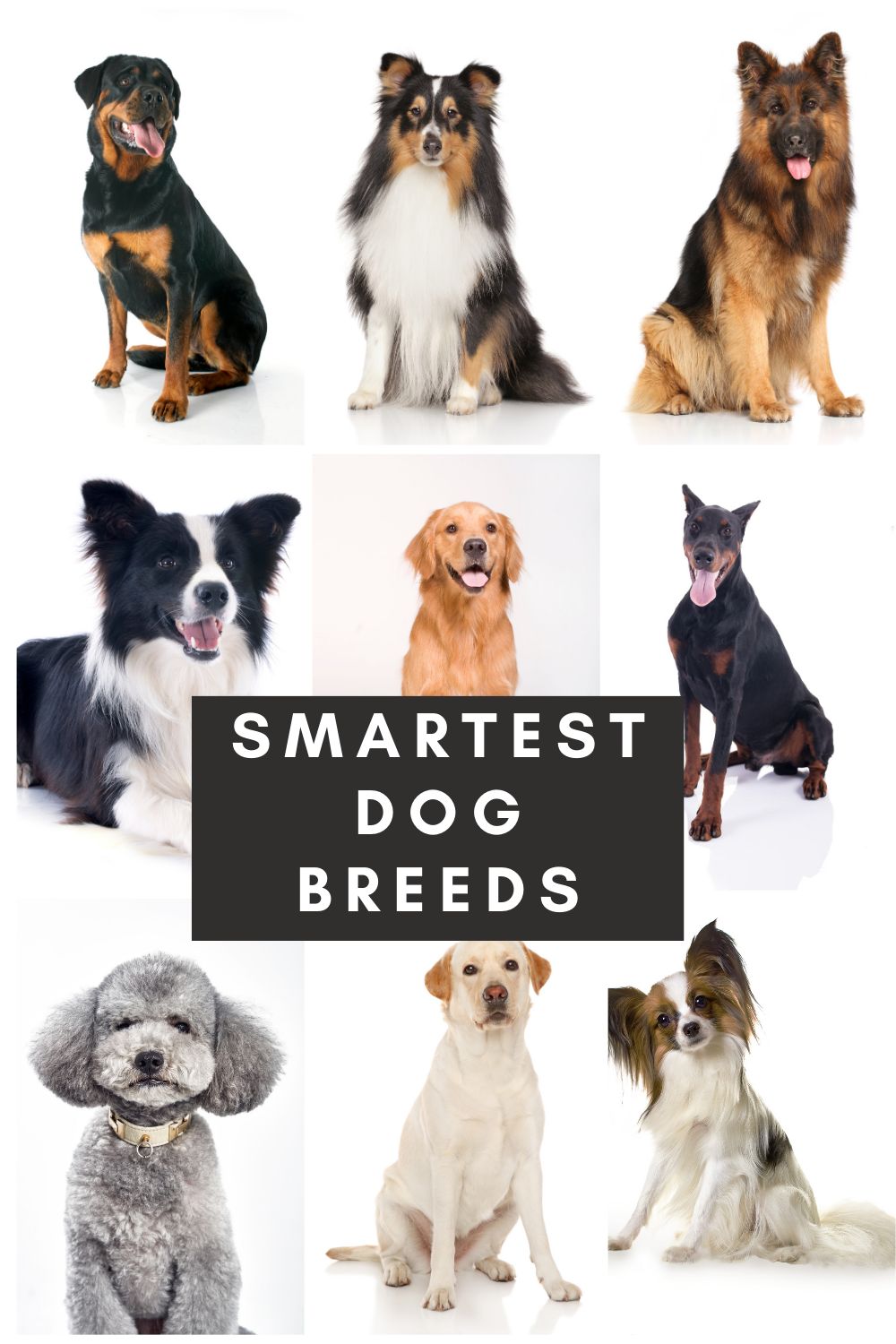
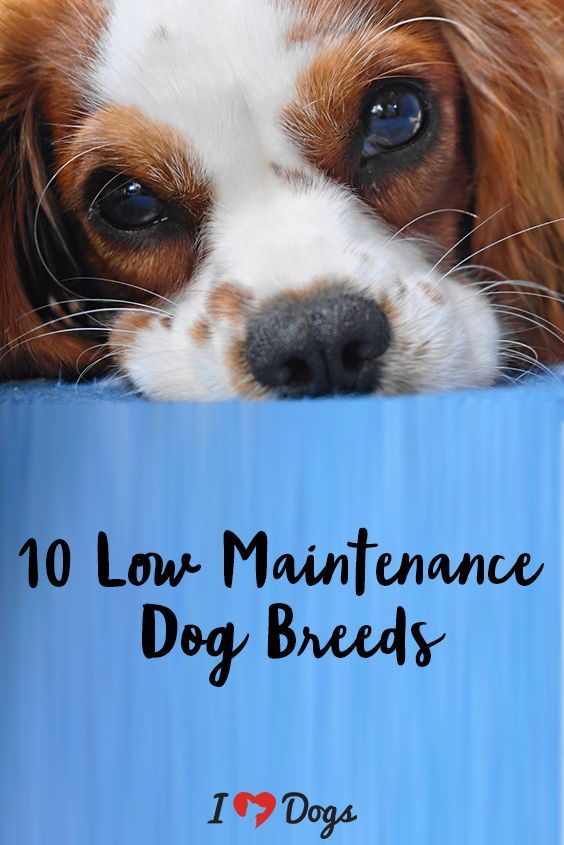


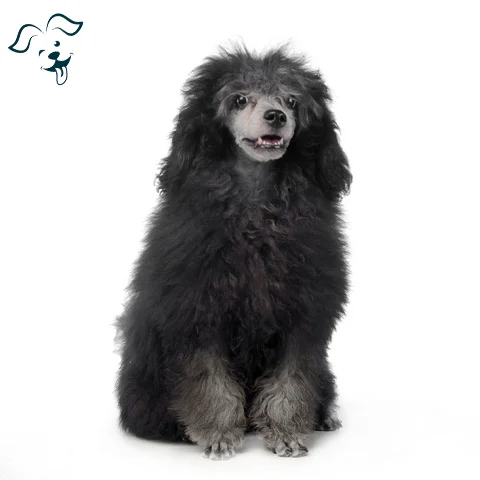
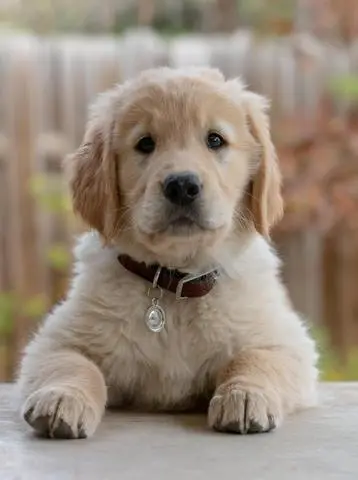
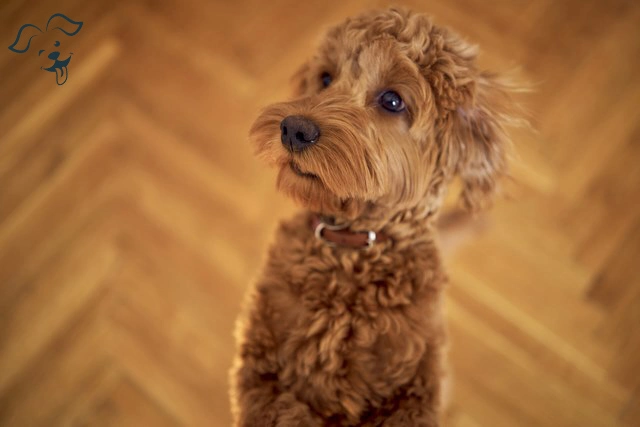
FRIENDLINESS
LIVELINESS
VIGILANCE INTENSITY
ADAPTATION CAPACITY